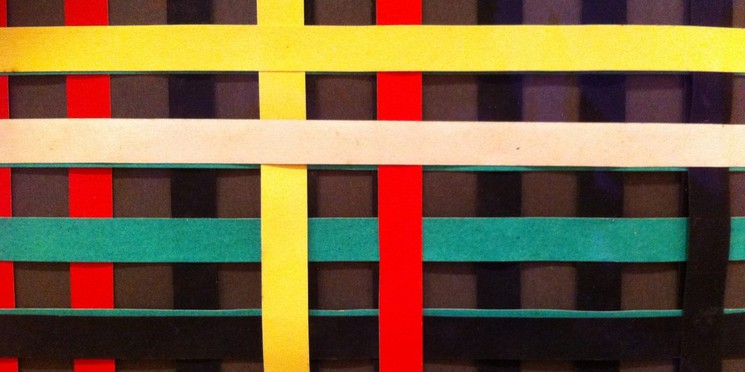
Biography
Alejandro Otero Rodríguez, born on March 7, 1921, in El Manteco, Bolívar State, Venezuela, and passed away on August 13, 1990, in Caracas, is one of the leading figures in 20th-century Venezuelan art. As a painter, sculptor, and writer, he is renowned for his pioneering role in introducing geometric abstraction and kinetic art in Venezuela.
Otero began his artistic training at the Escuela de Artes Plásticas y Artes Aplicadas de Caracas between 1939 and 1945. In 1945, he received a scholarship that allowed him to move to Paris, where he resided until 1952. During this period, he co-founded the group "Los Disidentes," composed of Venezuelan artists seeking artistic renewal and opposing the dominant academic currents of the time.
It was in Paris that Otero started his famous "Cafeteras" series (1946-1948), deconstructing everyday objects, notably coffee pots, to explore the boundaries between figuration and abstraction. This series marked a transition towards geometric abstraction, influenced by artists such as Pablo Picasso and Piet Mondrian.
Upon returning to Venezuela in 1952, Otero actively participated in the "Synthesis of Major Arts" project led by architect Carlos Raúl Villanueva for the Ciudad Universitaria de Caracas. There, he created works integrated into the architecture, including murals and stained glass, contributing to the harmonization of art and architecture.
Between 1955 and 1960, Otero developed the "Coloritmos" series, composed of vertical panels where black lines alternate with bright colors, exploring rhythm and visual perception. This series is considered one of his most significant contributions to geometric abstraction.
Subsequently, Otero turned to monumental sculpture, integrating his works into public spaces. Notable among his creations are "Delta Solar" (1977), a stainless steel sculpture installed in Washington D.C., and "Abra Solar" (1982), located in Caracas. These works illustrate his interest in the interaction between art, science, and technology, as well as the integration of art into the urban environment.
Throughout his career, Otero was honored with numerous awards, including the National Painting Prize at the XIX Official Annual Venezuelan Art Salon in 1958. His legacy endures, and the Alejandro Otero Museum in Caracas, named in his honor, stands as a testament to his lasting influence on contemporary Venezuelan art.
Nationality